In-Depth Details of Adopt a Float
adopt a float : a bit of history
With the emergence of the Argo scientific program, an educational activity started in the Pacific Islands under the umbrella of SEREAD (Scientific Educational Resources and Experience Associated with the Deployment of Argo profiling floats in the South Pacific Ocean). This was the first (still on-going) initiative that took advantage on data acquired by floats as a way to develop ocean literacy in a context of climate change.
Around the same period, a primary teacher from New Zealand, started to include Argo floats in her teaching experience. She developed a first educational website dedicated to the understanding of many Argo aspects, and she continues to include hand-on experiments and provide multiple video support.
In 2011, the adopt a float program was founded in France at the marine station of Villefranche-sur-Mer. The scientific staff of this marine station is deeply involved in the international efforts of the global Argo network and the development of Argo profiling floats with biogeochemical sensors (BGC-Argo). And, by working together with the science outreach and education staff, the common commitment to foster Ocean Literacy resulted.
The adopt a float program aims to share ocean sciences and puts a strong focus on connecting ocean scientists with the school environments. Using the scientific journey of a BGC-Argo float allows pluri-disciplinary approaches within each classroom and opens multifaceted ways to speak about the ocean.
Since its beginning, classes from all over the world (Metropolitan France, French Polynesia, New Caledonia, Europe, USA, South Africa, United Arab Emirates…) already joined the program! Today, the adopt a float team guides the more and more classes from kindergarten to high school through their scientific adventure each school year, and continues its efforts under the missions of “United Nations Decade of Ocean Science for Sustainable Development (2021-2030)“.
adopt a float team
adopt a float has its headquarters at the marine station of Villefranche-sur-mer (France). Here, together with associated scientists, a dedicated staff of science outreach and education officers coordinates all activities and events, develops educational material and ensures their implementation in classrooms and beyond.
Besides, a global network of colleagues (national and international correspondents, scientific contributors) helps to deploy and enrich the adopt a float activities, and assures the well-functioning of the program in many complementary ways.
Bringing in different expertise and motivation, all join to work for and with the children and their teachers.
Find here the people involved in the program!
Headquarters
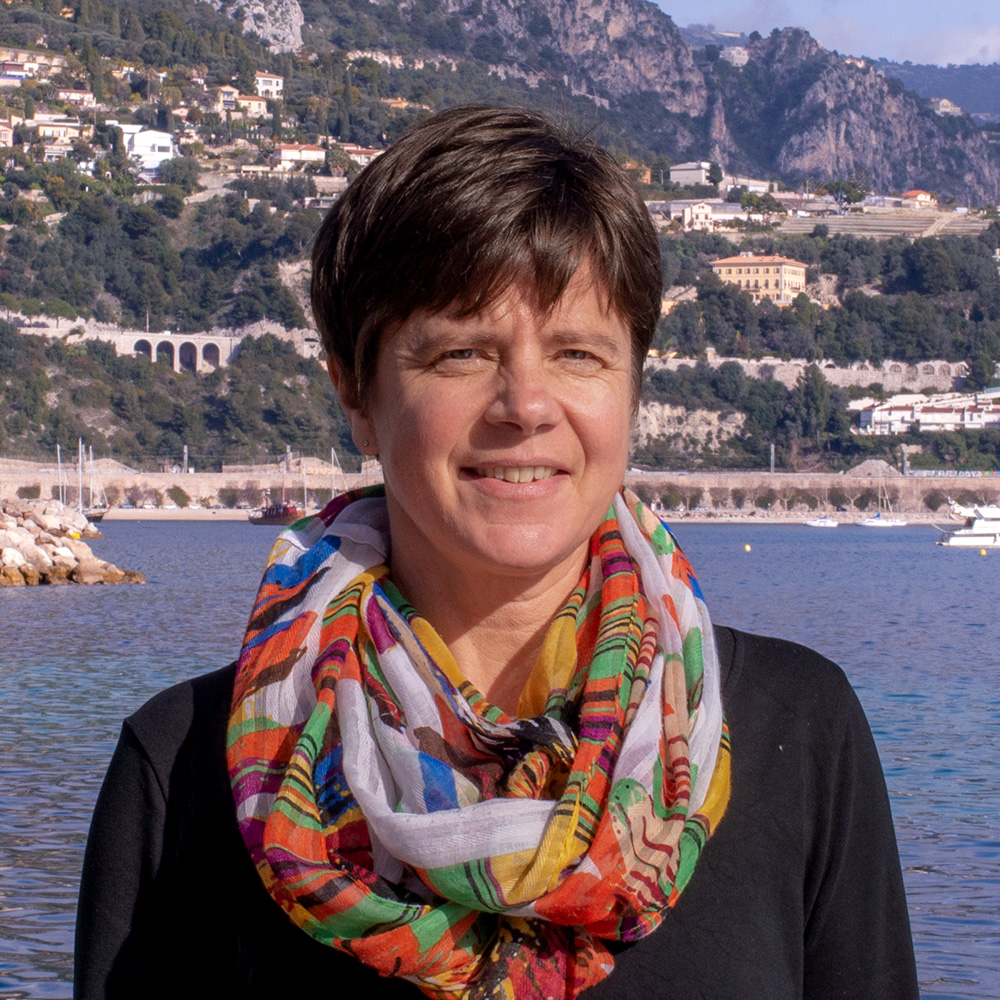
Carolyn Scheurle
Scientific Outreach Officer
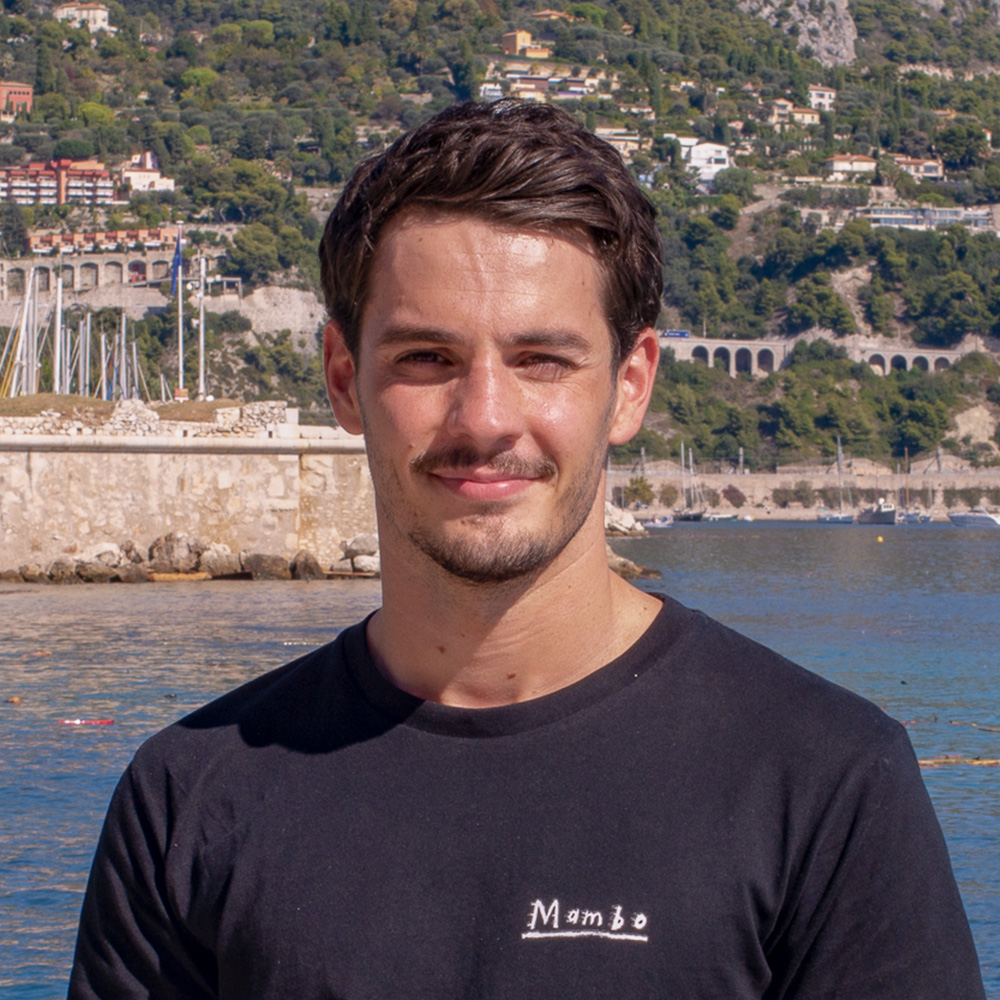
Thomas Boniface
Scientific Outreach Officer
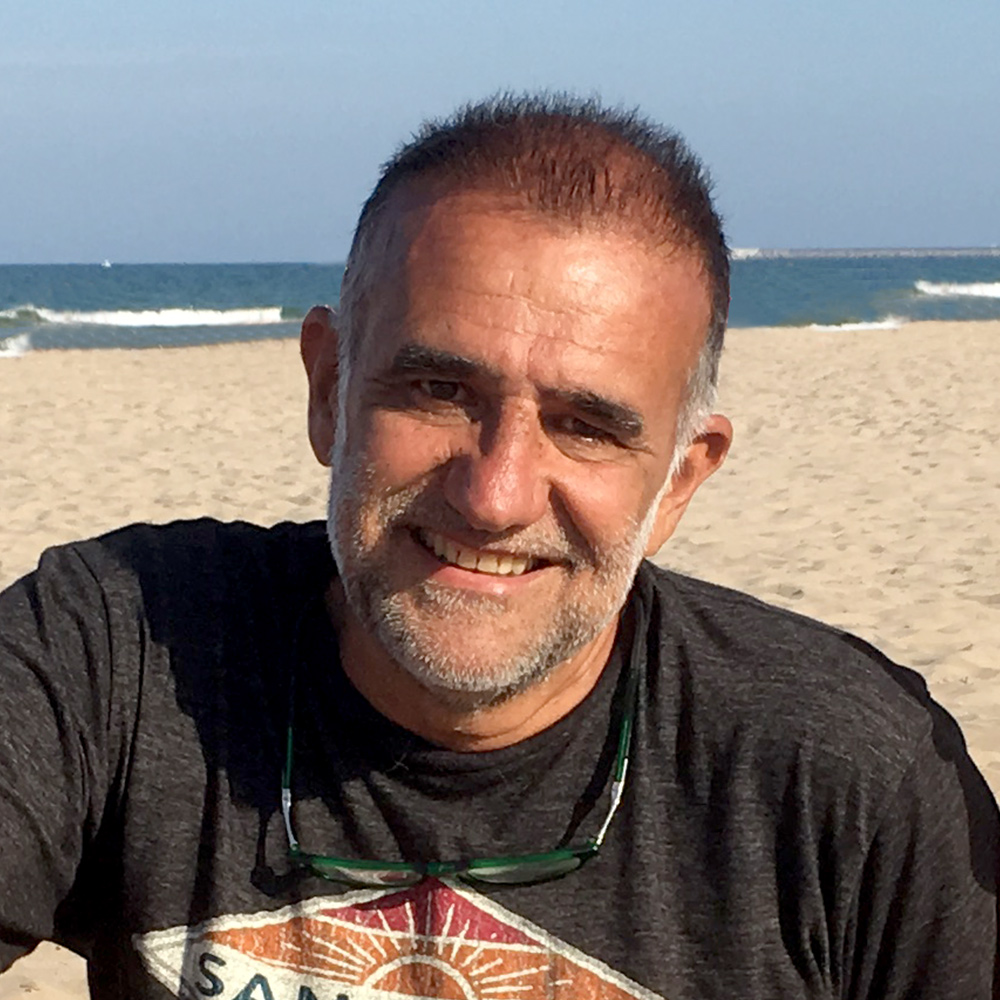
Hervé Claustre
Senior Scientist

Ombline De Perthuis
Scientific Outreach Officer

Lila Gence
Scientific Outreach Officer
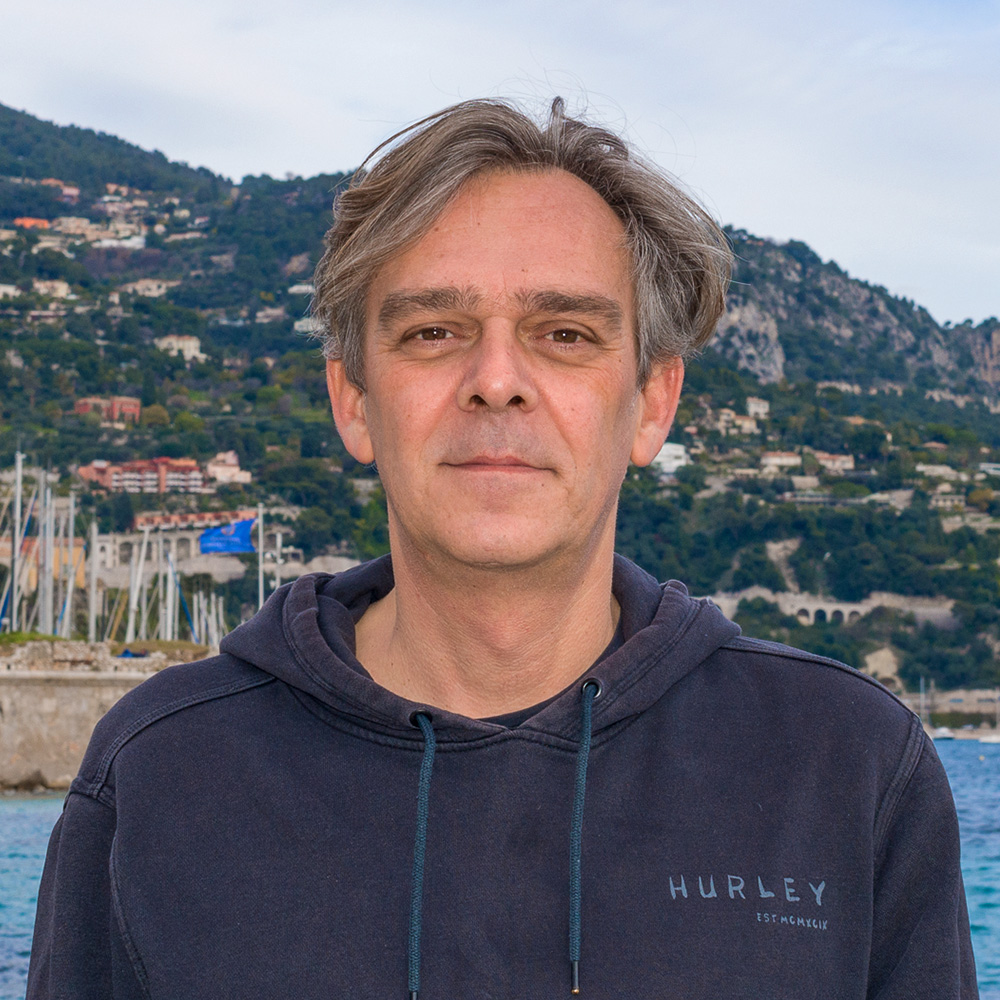
Thomas Jessin
Webdesigner
National & International correspondents
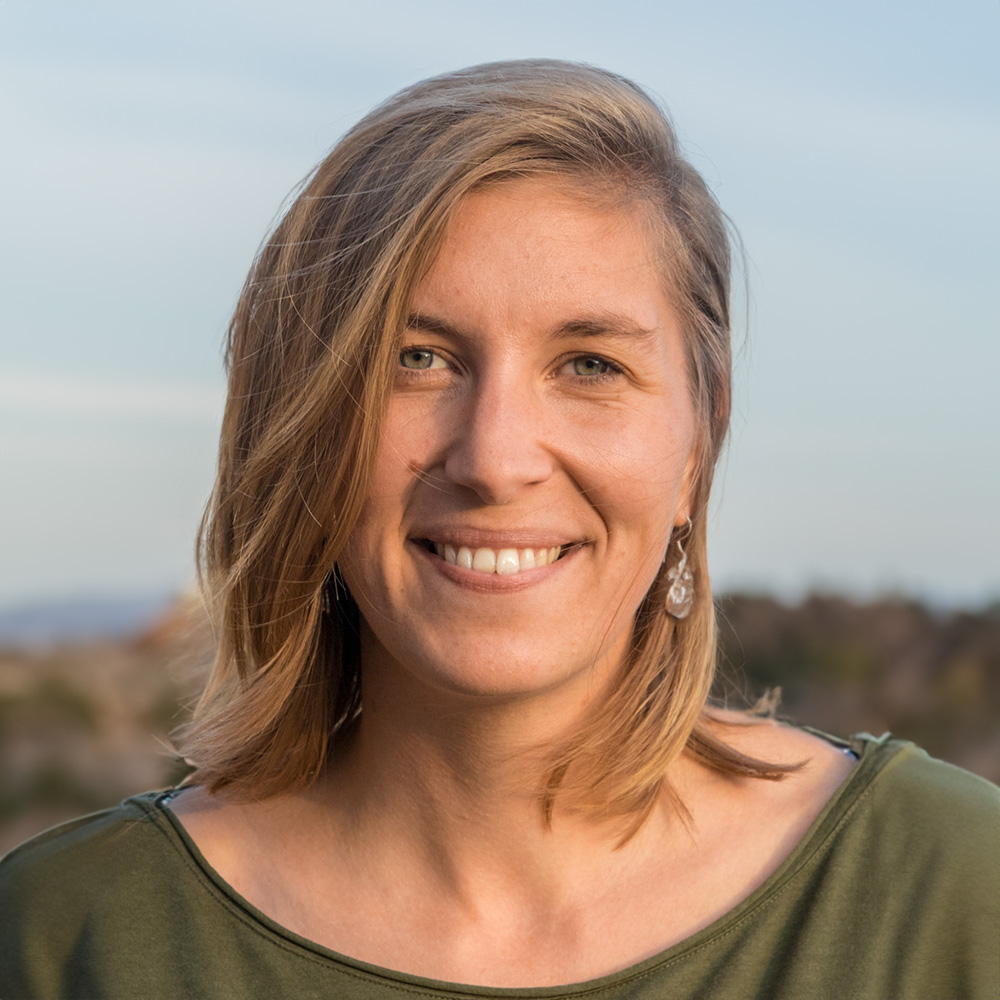
Jade Burdallet 
Outreach officer (Ifremer)
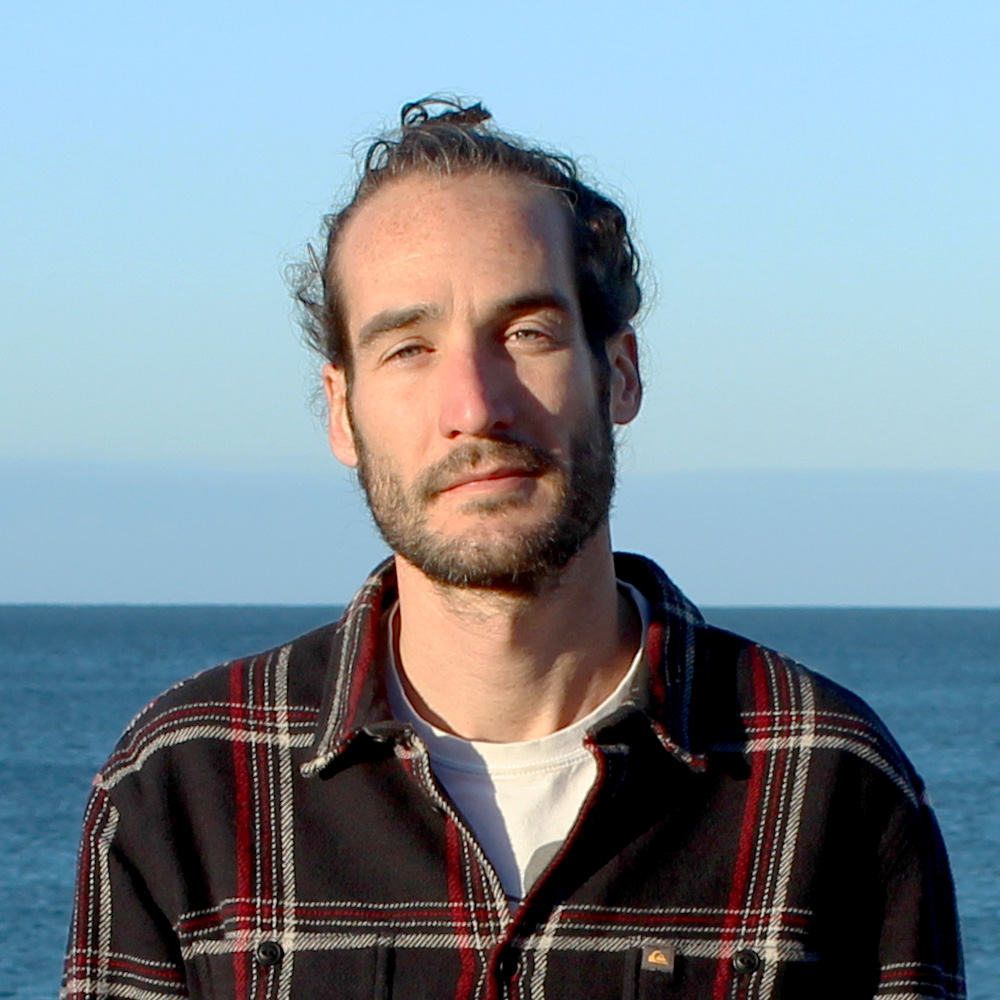
Loic Le Ster 
Science Facilitator
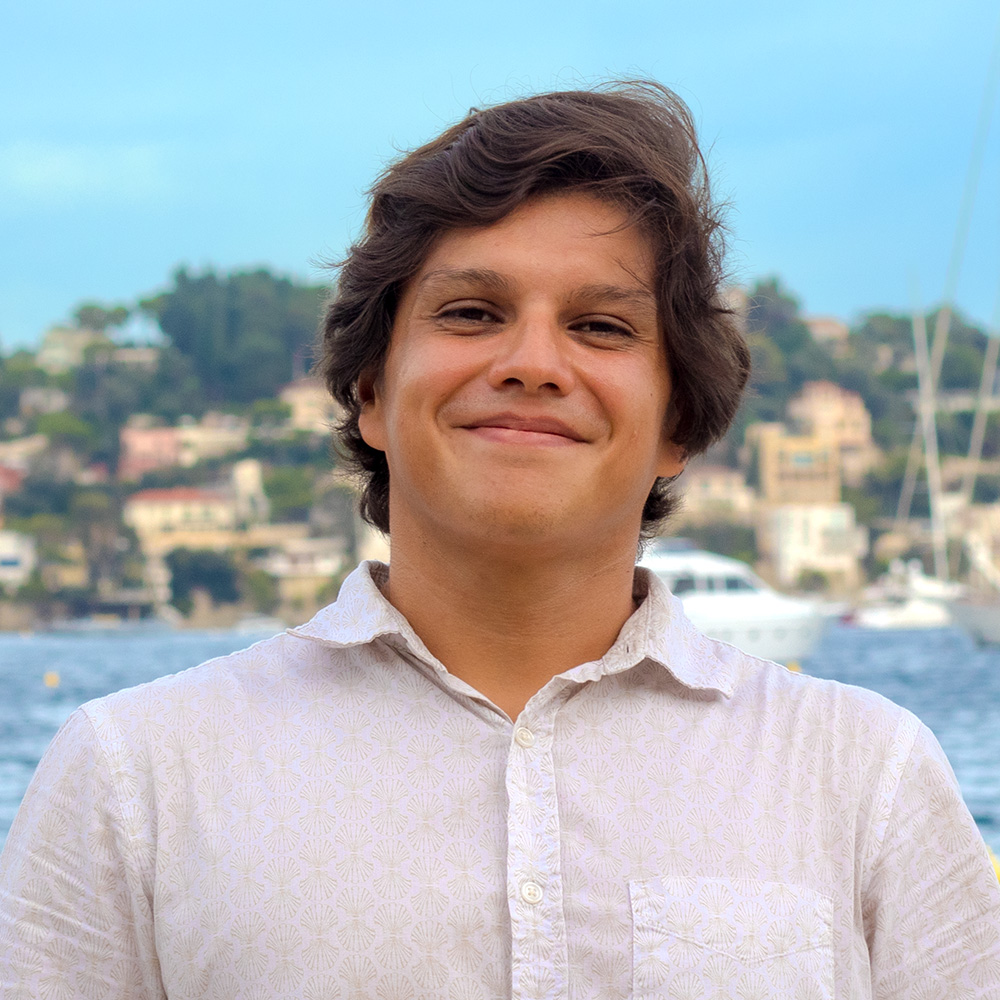
Sergio Cambronero 
PhD student (IMEV / Colectivo Internacional Pelagos Okeanos)
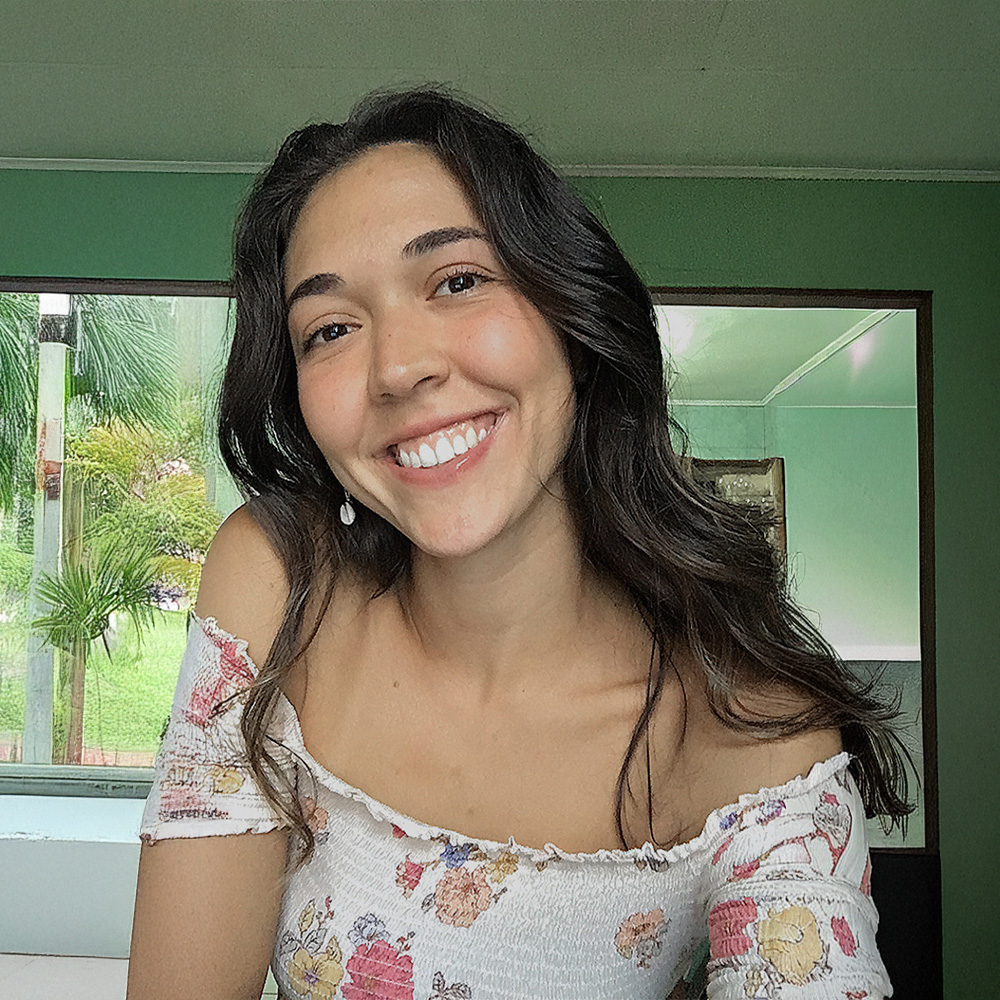
Addy Echevarría 
Scientific mediator and coordinator (Colectivo Internacional Pelagos Okeanos)
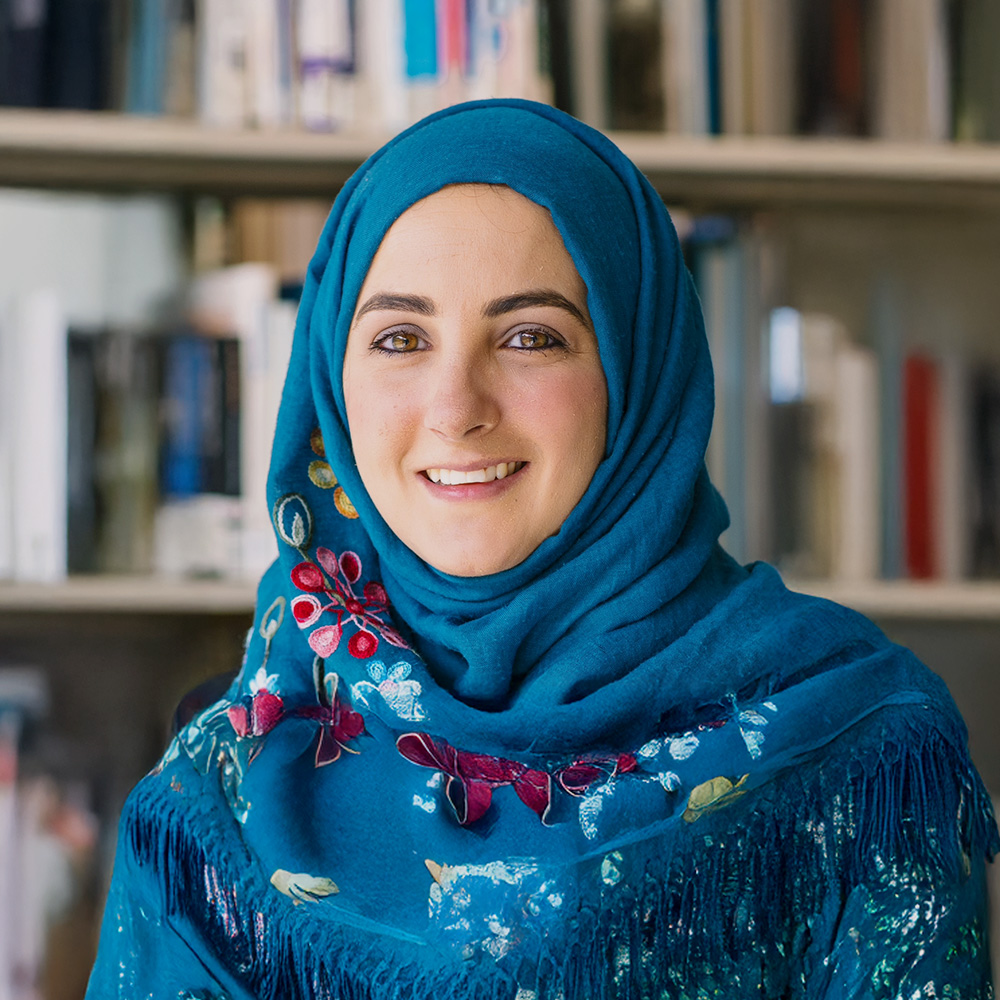
Malika Kheireddine 
Scientist (Mohammed VI Polytechnic University)
Scientific Contributors
| Name | Status | Years of participation | Affiliation | Spoken languages / Country |
|---|---|---|---|---|
| Eric Abadie | In-class speaker | - | RBE DOI () | |
| Alexandre Accardo | In-class speaker | 2025 | LOV, SU (IMEV) | |
| Alexandre Allié | In-class speaker | 2025 | LBDV, CNRS (IMEV) | |
| Samir Alliouane | In-class speaker | 2024, 2025 | LOV, CNRS (IMEV) | |
| Martin Amice | In-class speaker | - | - | |
| Xavier André | In-class speaker | 2022, 2023, 2024 | RDT/SIIM (IFREMER) | |
| Lou Andrès | In-class speaker | 2023, 2024, 2025 | LOV (IMEV) | |
| Gallo Antonella | In-class speaker | 2023, 2024, 2025 | OGS | |
| Bussani Antonio | In-class speaker | 2023, 2024, 2025 | OGS | |
| Manon Audax | Headquarter | 2020, 2021, 2022, 2023, 2024, 2025 | LOV, CNRS (IMEV) | |
| Benoît Augier | In-class speaker | 2022, 2023 | RDT/LHYMAR (IFREMER) | |
| Sakina-Dorothee Ayata | Teachers meeting speaker | 2025 | LOCEAN (Sorbonne Université) | |
| Kevin Balem | In-class speaker | 2022, 2023, 2024, 2025 | LOPS (IFREMER) | |
| Carine Barreau | In-class speaker | 2023 | LBDV, SU (IMEV) | |
| Léa Bastid-Solinas | In-class speaker | 2025 | LBDV, CNRS (IMEV) | |
| Miriam Beck | In-class speaker | 2023 | LOV (IMEV) | |
| Emma Bent | In-class speaker | 2022, 2023 | LOPS (IFREMER) | |
| Manuia Bernardino | In-class speaker | 2025 | IFREMER | |
| Marie Bois | In-class speaker | 2025 | LOV, SU (IMEV) | |
| Marine Bollard | In-class speaker | 2023, 2024, 2025 | Euro-Argo ERIC | |
| Catherine Borremans | In-class speaker | 2022, 2023, 2024, 2025 | UMR BEEP/LEP (IFREMER) | |
| Anthéa Bourhis | In-class speaker | 2024 | LOV, SU (IMEV) | |
| Méril Bugat | Headquarter | 2026 | LOV (IMEV) | |
| Olivier Bun | In-class speaker | 2024 | LOV, SU (IMEV) | |
| Mahé Butel | In-class speaker | 2025 | LOV, CNRS (IMEV) | |
| Romain Cancouët | In-class speaker | 2022, 2023, 2024, 2025 | Euro-Argo ERIC | |
| Louis Caray-Counil | In-class speaker | 2025 | LOV, SU (IMEV) | |
| Joao Carvalho | In-class speaker | 2022, 2023 | LBDV, SU (IMEV) | |
| Angelina Cassianides | In-class speaker | 2022 | LOPS (IFREMER) | |
| Camille Catalano | In-class speaker | 2025 | LOV, SU (IMEV) | |
| Guillaume Charria | In-class speaker | 2023, 2025 | LOPS (IFREMER) | |
| Sandra Chevalier | In-class speaker | 2021, 2022, 2023, 2024, 2025 | LBDV (IMEV) | |
| Carla Chevillard | In-class speaker | 2025 | RMPF (IFREMER) | |
| Julie Cheynel | In-class speaker | 2024, 2025 | LOPS (IFREMER) | |
| Saggese Christian | In-class speaker | 2023, 2024, 2025 | OGS | |
| Steeve Comeau | In-class speaker | 2023, 2024 | LOV, CNRS (IMEV) | |
| Priscilla Coopen | Mentor | 2022, 2023 | CSMZAE (Prime Minister's Office - Government of Mauritius) | |
| Ariel Cordero | In-class speaker / Logistics | 2024, 2025, 2026 | Colectivo Internacional Pelagos Okeanos | |
| Marin Cornec | In-class speaker | 2020, 2021, 2022, 2023, 2024, 2025 | LOV (IMEV) | |
| Amandine Courtois | In-class speaker | 2025 | LOV, SU (IMEV) | |
| Bruno Cremella | In-class speaker | 2025 | LOV, CNRS (IMEV) | |
| Dorian Decamus | In-class speaker | 2025 | LOV, SU (IMEV) | |
| Jeoffrey Dehez | Teachers meeting speaker | 2025 | INRAE | |
| Louise Delaigue | In-class speaker | 2025 | LOV, SU (IMEV) | |
| Eva Delcamp | In-class speaker | 2023, 2024 | IMEV, SU (IMEV) | |
| Margot Demol | In-class speaker | 2025 | LOPS (IFREMER) | |
| Damien Desbruyères | In-class speaker | 2020, 2021, 2022, 2023, 2024, 2025 | LOPS (IFREMER) | |
| Tiphaine Deshayes | In-class speaker | 2022, 2023, 2024, 2025 | LBDV, CNRS (IMEV) | |
| Carole Di Poi | Teachers meeting speaker | 2024 | LEMAR | |
| Emilie Diamond Riquier | In-class speaker | 2023, 2024, 2025 | IMEV, SU (IMEV) | |
| Lucile Durand | In-class speaker | - | - | |
| Mauri Elena | In-class speaker | 2023, 2024, 2025 | OGS | |
| Martina Ferraris | National & International correspondent | 2020, 2021, 2022 | IFREMER | |
| Christine Ferrier-Pagès | Teachers meeting speaker | 2023 | CSM | |
| Charlène Feucher | In-class speaker | - | - | |
| Elodie Fleury | In-class speaker | 2022, 2023 | LEMAR (IFREMER) | |
| Raquel Flügel | In-class speaker | 2025 | LOPS (UBO IUEM) | |
| Marine Fourrier | In-class speaker | 2023 | LOV, SU (IMEV) | |
| Sandra Fuchs | In-class speaker | - | - | |
| Frédéric Gazeau | In-class speaker | 2022, 2023, 2024, 2025 | LOV, CNRS (IMEV) | |
| Cyril Germineaud | Teachers meeting speaker | 2024 | CNES | |
| Savonitto Gilda | In-class speaker | 2023, 2024, 2025 | https://www.ogs.it/it/users/gilda-savonitto (Centro di Taratura e Metrologia Oceanografico (CTMO)/Istituto Nazionale di Oceanografia e Geofisica Sperimentale – OGS) | |
| Dall'Olmo Giorgio | In-class speaker | 2023, 2024, 2025 | OGS | |
| Notarstefano Giulio | In-class speaker | 2023, 2024, 2025 | OGS | |
| Keylin Gómez | In-class speaker / Teachers meeting speaker | 2024, 2025, 2026 | Colectivo Internacional Pelagos Okeanos | |
| Alberto González Santana | In-class speaker | 2023, 2024, 2025 | Centro Oceanográfico de Canarias (IEO-CSIC) | |
| Alba González Vega | In-class speaker | 2025 | Centro Oceanográfico de Canarias (IEO-CSIC) | |
| Claire Gourcuff | In-class speaker | 2023, 2025 | Euro-Argo ERIC | |
| Cécile Guieu | In-class speaker / Teachers meeting speaker | 2021, 2022, 2023, 2024, 2025 | LOV, CNRS (IMEV) | |
| Sébastien Hervé | In-class speaker | 2023, 2024, 2025 | LEMAR (IFREMER) | |
| Carlos Hiller | In-class speaker | 2025 | - | |
| Clare Hudson | In-class speaker | 2022 | LBDV, CNRS (IMEV) | |
| Arnaud Huvet | In-class speaker / Teachers meeting speaker | 2022, 2023 | LEMAR (IFREMER) | |
| Kenza Jabrane | In-class speaker | 2025 | STMicroelectronics | |
| Laetitia Jalabert | In-class speaker | 2022, 2023 | IMEV | |
| Fanny Karatchodjoukova | In-class speaker / Teachers meeting speaker | 2023, 2024 | CNRS/Aix-Marseille Université (MIO - LPS) | |
| Ana-Luiza Lacerda | In-class speaker | 2022, 2023, 2024 | LOV, SU (IMEV) | |
| Pierre Le Bras | In-class speaker | - | - | |
| Guillaume Le Provost | In-class speaker | 2023, 2025 | REM/RDT/SIIM (IFREMER) | |
| Marie Lebel | In-class speaker | 2023 | LBDV, SU (IMEV) | |
| Nathanaële Lebreton | In-class speaker | - | - | |
| Alain Lefebvre | In-class speaker | 2023 | ODE/UL/LER-BL (IFREMER) | |
| Julie Lemaire | In-class speaker | 2025 | IFREMER | |
| Pierrick Lemasson | In-class speaker | 2023, 2024, 2025 | LOV, SU (IMEV) | |
| Léa Lemée | International correspondent | 2023, 2024, 2025 | DCOM (IFREMER) | |
| Sophie Léonardi | In-class speaker | 2023, 2024, 2025 | UMR AMURE (IFREMER) | |
| Edouard Leymarie | In-class speaker | 2023, 2025 | LOV, CNRS (IMEV) | |
| Fabien Lombard | In-class speaker / Teachers meeting speaker | 2022, 2023, 2024 | LOV, SU (IMEV) | |
| Sonia Lotito | In-class speaker | 2021, 2022, 2023, 2024, 2025 | LBDV, CNRS (IMEV) | |
| Olivier Maneval | In-class speaker / Teachers meeting speaker | 2022, 2023, 2025 | Théâtre à molette | |
| Luisa Mangialajo | Teachers meeting speaker | 2022 | UCA | |
| Yannick Marietti | In-class speaker | 2025 | STMicroelectronics | |
| Samuel Martin | In-class speaker | 2024 | LOV, CNRS (IMEV) | |
| Elodie Martinez | In-class speaker | 2022 | LOPS (IRD) | |
| Séverine Martini | Teachers meeting speaker | 2025 | MIO | |
| Pacciaroni Massimo | In-class speaker | 2023, 2024, 2025 | OGS | |
| Marjolaine Matabos | In-class speaker / Teachers meeting speaker | 2023, 2024 | BEEP, LEP (IFREMER) | |
| Nicolas Mayot | In-class speaker / Teachers meeting speaker | 2024, 2025 | LOV (IMEV) | |
| Guillaume Maze | In-class speaker / Teachers meeting speaker | 2023, 2024, 2025 | LOPS (IFREMER) | |
| Florence Menet | In-class speaker | 2022, 2024 | LERN (IFREMER) | |
| Zoé Mériguet | In-class speaker | 2025 | LOV, SU (IMEV) | |
| Camille Merland | In-class speaker | 2024, 2025 | LOV, SU (IMEV) | |
| Marc Meynadier | In-class speaker | 2025 | LBDV, SU (IMEV) | |
| Menna Milena | In-class speaker | 2023, 2024, 2025 | https://www.ogs.it/it/users/milena-menna (OGS) | |
| Aurore Mole | In-class speaker | 2025 | LOV, CNRS (IMEV) | |
| Solène Motreuil | In-class speaker | 2022, 2024 | LOV, SU (IMEV) | |
| Pirro Nunzia | In-class speaker | 2023, 2024, 2025 | OGS | |
| Yuneeda Oozeeraully | Mentor | 2022, 2023 | CSMZAE (Prime Minister's Office - Government of Mauritius) | |
| Laura Pageault | In-class speaker | 2023, 2024 | Genalg (IFREMER) | |
| Jérome Paillet | In-class speaker | - | - | |
| Ivane Pairaud | In-class speaker | 2025 | - | |
| Orens Pasqueron de Fommervault | In-class speaker | 2025 | IOC-UNESCO | |
| Lou Patron | In-class speaker | 2024 | Genalg (IFREMER) | |
| Laure Pecquerie | In-class speaker | 2023, 2024 | LEMAR (IRD) | |
| Christophe Penkerc’h | In-class speaker | 2021, 2022, 2023 | CNRS () | |
| Marie Perez | In-class speaker | 2024 | Euro-Argo ERIC | |
| Noé Poffa | In-class speaker | 2020, 2021, 2022, 2023, 2024, 2025 | Cellule Opérationelle Argo (IFREMER) | |
| Ertienne Poirier | In-class speaker | 2024 | IUEM/UAR3113 (IRD) | |
| Romane Pollet | In-class speaker | 2025 | LOV, SU (IMEV) | |
| Coline Poppeschi | In-class speaker | - | - | |
| Antoine Poteau | In-class speaker | 2022, 2023, 2024, 2025 | LOV, CNRS (IMEV) | |
| Chloé Prudhomme | In-class speaker | 2025 | STMicroelectronics | |
| Simon Ramondenc | In-class speaker | 2025 | LOV, SU (IMEV) | |
| Estelle Raynal | Teachers meeting speaker | 2021, 2023 | CNES | |
| Corentin Renaut | In-class speaker | 2025 | - | |
| Martellucci Riccardo | In-class speaker | 2023, 2024, 2025 | OGS | |
| Wilhem Riom | In-class speaker | 2025 | LOV, CNRS (IMEV) | |
| Rocio Rodriguez | In-class speaker | 2024 | LOV, SU (IMEV) | |
| Maëlann Roger | In-class speaker | 2024, 2025 | CCEM (IFREMER) | |
| Jean-François Rolinat | In-class speaker | 2025 | STMicroelectronics | |
| Pierre Rousselot | In-class speaker | 2024 | UAR IMAGO (IRD) | |
| Arnaud Rousselot | In-class speaker | 2025 | STMicroelectronics | |
| Emanuela Rusciano | In-class speaker | 2022, 2024, 2025 | OceanOPS (UNESCO-WMO) | |
| Fany Sardenne | In-class speaker | 2025 | LEMAR (IRD) | |
| Pierre-Marie Sarradin | In-class speaker / Teachers meeting speaker | 2022, 2023, 2024, 2025 | UMR BEEP (IFREMER) | |
| Raphaëlle Sauzède | In-class speaker | 2025 | IMEV, CNRS (IMEV) | |
| Théo Sciandra | In-class speaker | 2022, 2023 | SU (IMEV) | |
| Elsa Simon | In-class speaker | 2022, 2023, 2024, 2025 | LOV, CNRS (IMEV) | |
| Cathy Sirour | In-class speaker | 2021, 2022, 2023, 2024, 2025 | LBDV, SU (IMEV) | |
| Thomas Sol Dourdin | In-class speaker | - | - | |
| Colin Stedmon | Teachers meeting speaker | 2025 | Technical University of Denmark | |
| Salon Stefano | In-class speaker | 2023, 2024, 2025 | OGS | |
| Paco Stil | In-class speaker | 2025 | IMEV, SU (IMEV) | |
| Rossana Sussarellu | In-class speaker | 2022, 2023, 2024, 2025 | Phytox (IFREMER) | |
| Vincent Taillandier | In-class speaker | 2023, 2024 | LOV, CNRS (IMEV) | |
| Vincent Taillandier | In-class speaker | 2024, 2025, 2026 | LOV, CNRS (IMEV) | |
| Jaques Talayssat | In-class speaker | 2025 | STMicroelectronics | |
| Amélie Talec | In-class speaker | 2025 | LOV, CNRS (IMEV) | |
| Christian Tamburini | In-class speaker / Teachers meeting speaker | 2023, 2024 | CNRS (MIO) | |
| Mélissa Tenaille | In-class speaker | 2025 | LOV, SU (IMEV) | |
| Eva Ternon | In-class speaker / Teachers meeting speaker | 2022 | - | |
| Anna Teruzzi | In-class speaker | 2023, 2024, 2025 | OGS | |
| Virginie Thierry | In-class speaker | 2025 | LOPS (IFREMER) | |
| Pierre Urrutti | In-class speaker | 2025 | LOV, SU (IMEV) | |
| Marie Vagner | In-class speaker | 2022, 2023, 2024, 2025 | LEMAR (CNRS) | |
| Di Biagio Valeria | In-class speaker | 2023, 2024, 2025 | OGS | |
| Simon Van Wynsberge | - | 2025 | RBE RMPF (IFREMER) | |
| Enzo Vellucci | Mentor | 2023, 2024, 2025 | IMEV, SU (IMEV) | |
| Nathalie Vigier | In-class speaker / Teachers meeting speaker | 2022, 2023, 2024, 2025 | LOV, CNRS (IMEV) | |
| Jack Williams | In-class speaker | 2024, 2025 | University of Southampton | |
| Hugo Zaccomer | In-class speaker | 2025 | LOV, SU (IMEV) |
adopt a float involvements
The adopt a float program is actively involved in local, national and international scientific and educational networks and events.
Networks
Events
Around the World
In several countries, similar adopt a float initiatives developed.
All have in common that there is no financial cost to participate.
Find out more about the initiatives and complementary resources here: